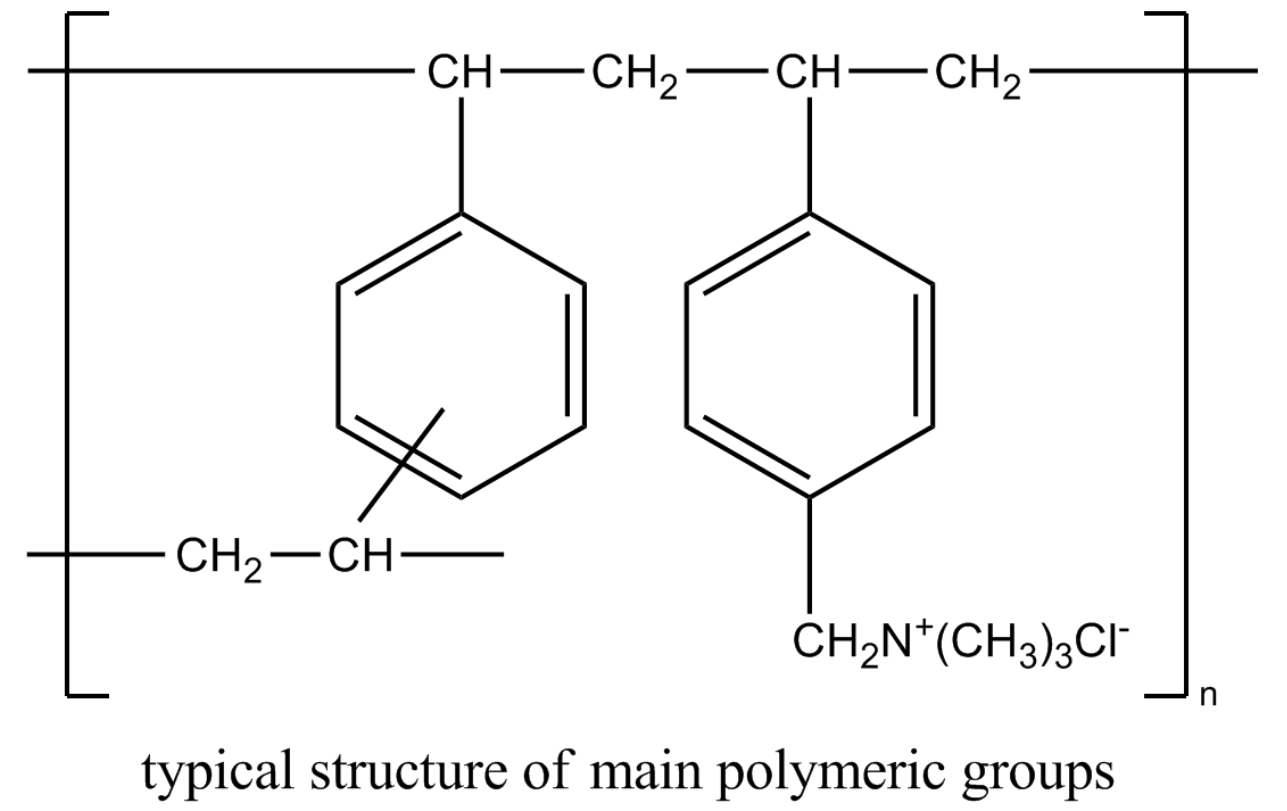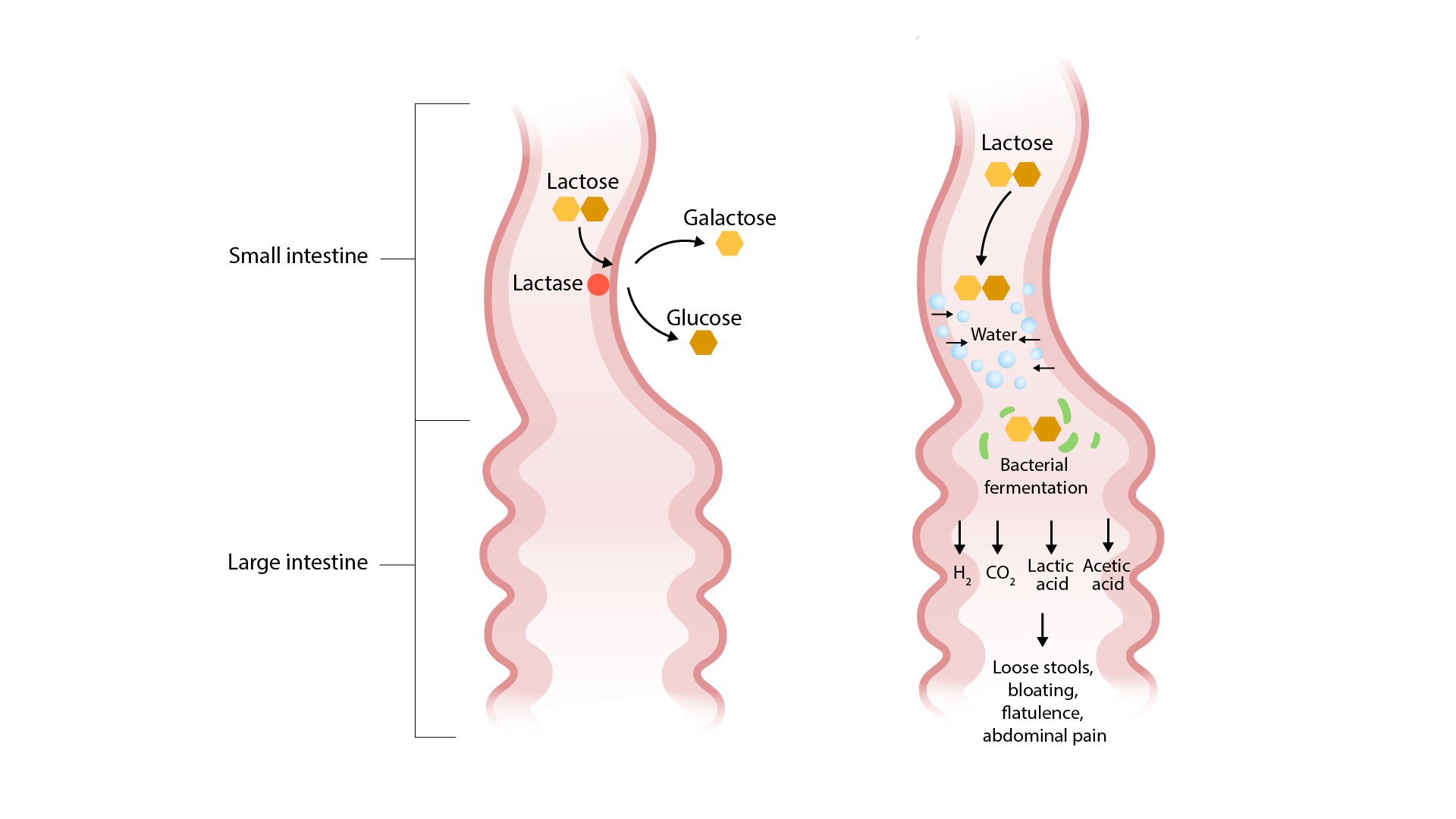Playlist
Show Playlist
Hide Playlist
Introduction to Diarrhea
-
Slides Small and large bowel.pdf
-
Download Lecture Overview
00:01 Gastrointestinal diseases in this section will be diving into. 00:05 The intestine begin with the small bowel first and move into the large bowel. 00:11 And all the diseases that are associated with this journey. 00:16 A diarrhea is where we begin, and obviously this is going to be high volume output but then it is important that you're able to properly categorize your diarrhea. 00:26 So that you'll be able to find out as to what exactly is causing the diarrhea, now, we're not wasting time and more importantly you prevent certain complications taking place in your patient. 00:38 For example, physiologically, when there is diarrhea, you're worried about losing bicarbs so therefore your patient is in a state of metabolic acidosis, and also when you loss stool excessively, there's every possibility that the patient might also be hypokalemic. 00:58 The potassium levels could be anywhere, do not forget, in this particular cause of metabolic acidosis. 01:04 The mechanisms of diarrhea include the following: Osmotic, remember we're in the intestine now. 01:10 So you should be thinking about osmotic agents that then remain within the intestine which is then going to pour water in or diffusion of water into the intestinal lumen, does bringing about large, large voluminous amounts of diarrhea. 01:28 Example, lactose intolerance. 01:31 Secretory diarrhea is typically characterized by the production of large volumes of watery stools and continues even when fasting. 01:38 This condition has multiple causes, including certain specific gastrointestinal infections like cholera and enterotoxigenic E.coli. 01:45 It can also be a result of hormone-secreting tumors, as seen in conditions like carcinoid syndrome. 01:51 Altered motility. exudative diarrhea, And anorectal dysfunction/injury may then result in involuntary loss of stool, incontinence is a huge topic on your step.
About the Lecture
The lecture Introduction to Diarrhea by Carlo Raj, MD is from the course Small and Large Intestine Diseases: Basic Principles with Carlo Raj.
Included Quiz Questions
Which of the following states of acid-base status is expected when there is excessive diarrhea?
- Metabolic acidosis
- Metabolic alkalosis
- Respiratory acidosis
- Respiratory alkalosis
- No change in the electrolytes
What electrolyte disturbance is seen in patients with chronic diarrhea?
- Hypokalemia
- Hyperkalemia
- Hypernatremia
- Hyponatremia
- Hyperchloremia
A 15-year-old female complains of excessive bloating and explosive diarrhea after consumption of milkshakes. According to the mechanism, what kind of diarrhea is most likely?
- Osmotic
- Secretory
- Anorectal dysfunction
- Altered motility
- Exudative
Customer reviews
5,0 of 5 stars
| 5 Stars |
|
1 |
| 4 Stars |
|
0 |
| 3 Stars |
|
0 |
| 2 Stars |
|
0 |
| 1 Star |
|
0 |
To the point. lesson for life, highyieal, we’ll categorized





